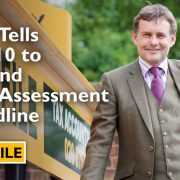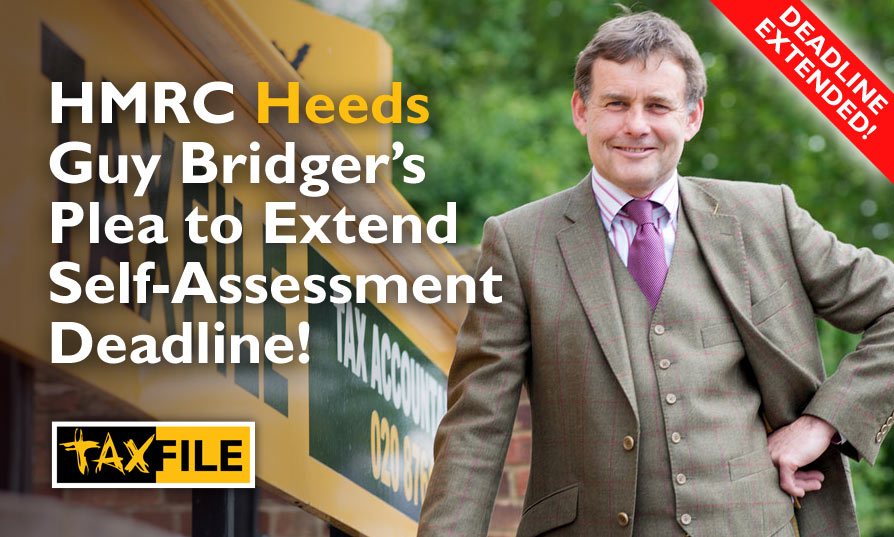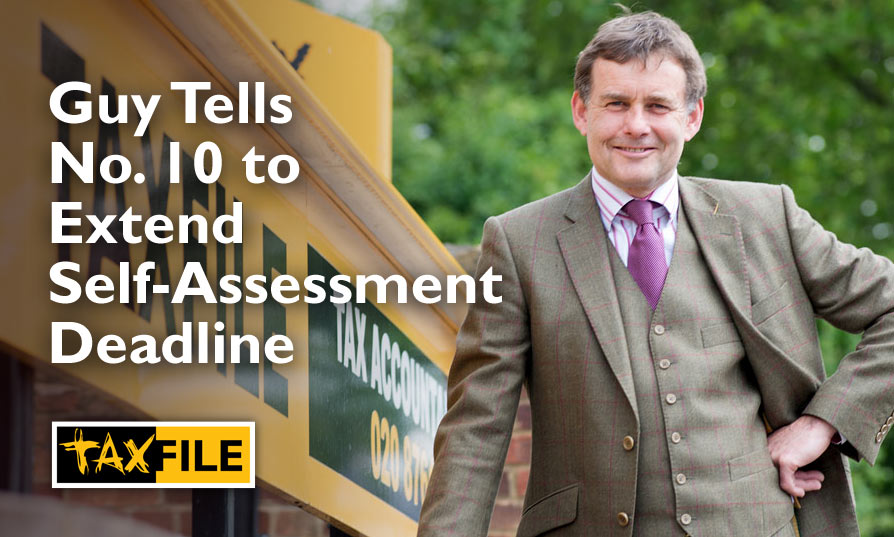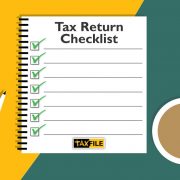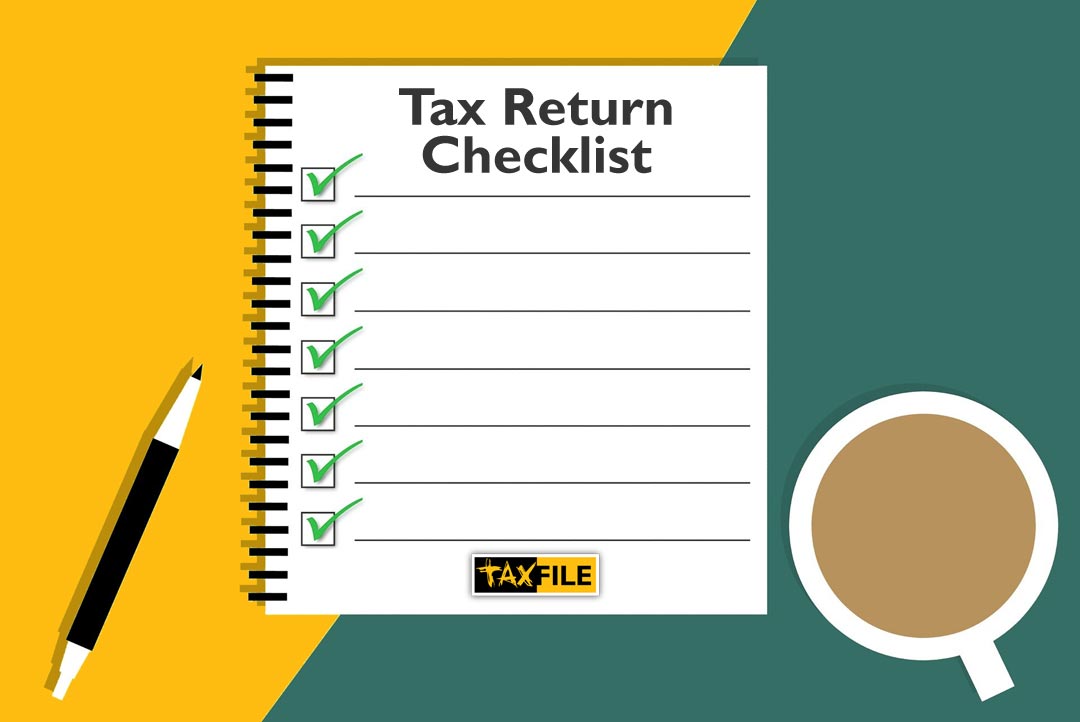Understanding Overpayment Relief
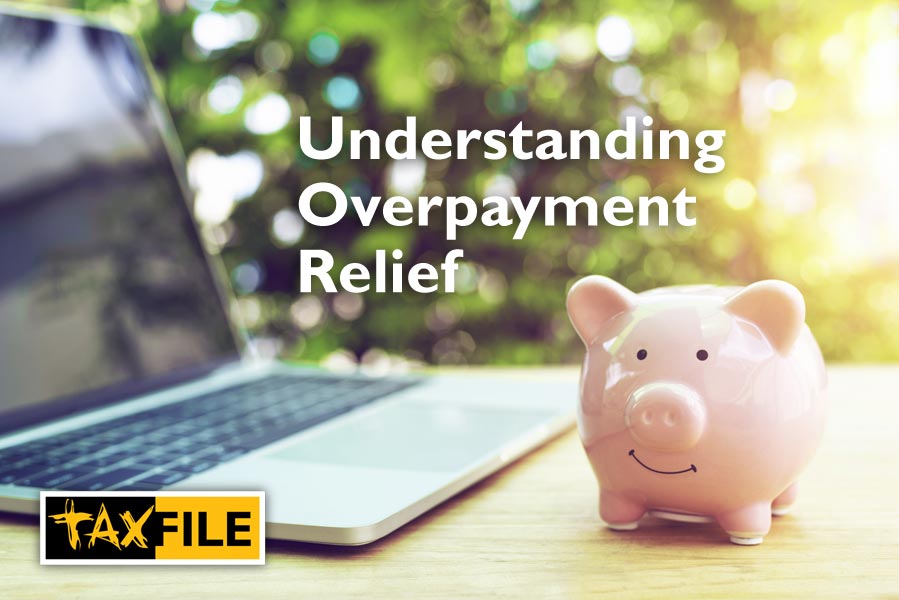
by Mohamed at Taxfile.
Have you ever felt that you’ve paid more in taxes than necessary? Whether due to calculation errors, changes in personal circumstances, or evolving tax laws, overpayments can happen to anyone. The good news is that there’s a way to reclaim those excess funds through the process of overpayment relief claims. In this comprehensive guide, we’ll walk you through the ins and outs of reclaiming your hard-earned money.
What is Overpayment Relief?
Overpayment relief allows you to recover money you’ve mistakenly paid to HMRC within four years after the end of the tax year in which the overpayment occurred. It’s a financial safety net that allows you to correct discrepancies and regain control of your finances. Understanding the concept is the first step toward putting your overpaid taxes back where they belong – in your pocket.
Types of Overpayment
The overpayment must be for income tax, capital gains tax (CGT), Class 4 National Insurance contributions (NICs), or corporation tax. It applies to both overpayments and excessive assessments.
Eligibility Criteria
You must have a valid reason for believing you overpaid tax. This could be an error in your tax return, incorrect coding by HMRC, or changes in your circumstances affecting your tax liability. You cannot claim overpayment relief simply by correcting your tax return after the deadline.
Claiming Overpayment Relief
You need to submit a formal claim to HMRC in the correct format, explicitly stating that it’s for “overpayment relief.”
The claim should clearly identify the tax year, the amount you believe you overpaid, and the reason for the overpayment. Include any supporting evidence, like documents confirming income, deductions, or expenses. Your claim must be submitted within specific time frames — generally, four years from the end of the tax year for which you’re claiming. Special rules apply for late claims.
Claim Format
Your claim must be made in writing, stating the tax year, the amount overpaid, the reason for your claim, and whether you’ve previously appealed. You cannot claim through your tax return.
For more information please refer to the HMRC website or get in touch with Taxfile.
Tax & Accountancy Help from Taxfile
At Taxfile we are skilled at identifying opportunities for additional savings, deductions, and credits that individuals might overlook. You can call us on 020 8761 8000 to schedule a free 20-minute, no-obligation consultation for any tax-related matter — or simply use the buttons below:
Taxfile is a tax advisor and accountant in Tulse Hill at 25 Thurlow Park Road, Tulse Hill, London SE21 8JP. We’re on the corner at the junction of Birkbeck Hill and the South Circular (A205), within easy walking distance of Tulse Hill station (map). We also have a Dulwich office as well as helping people with tax and accountancy in Devon and Cornwall.

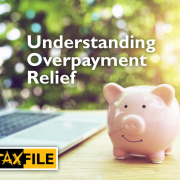
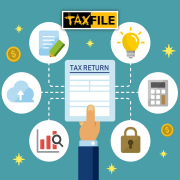
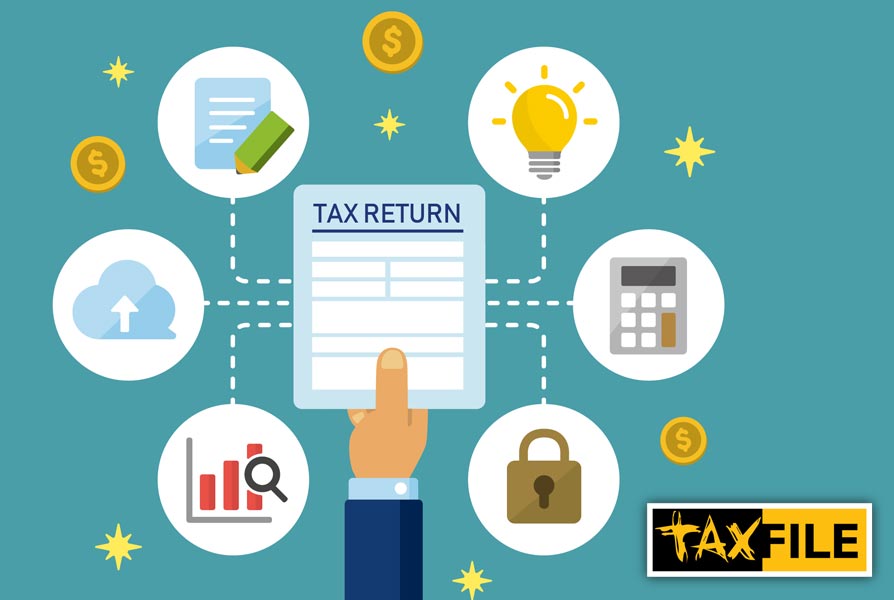
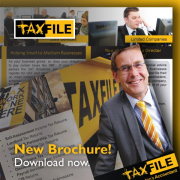
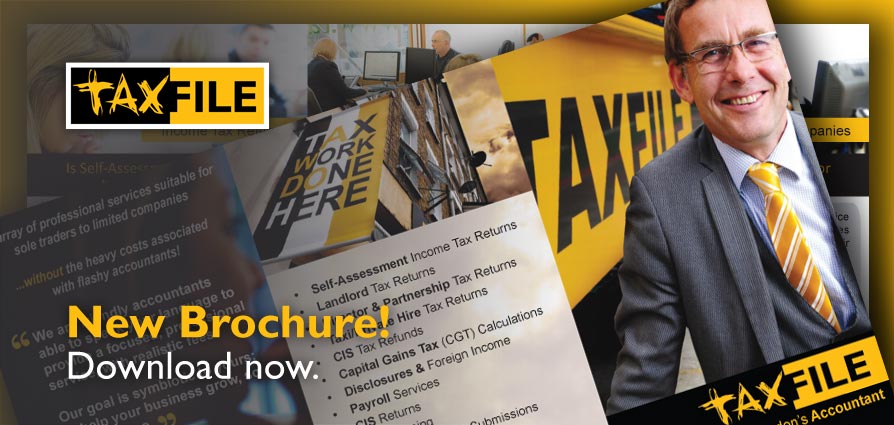



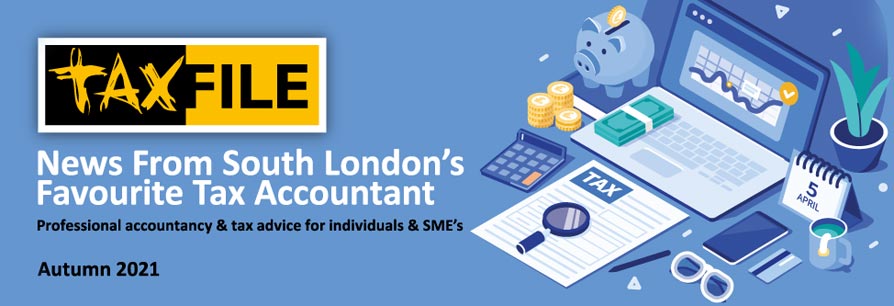
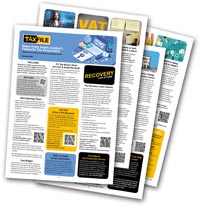 Welcome to Taxfile’s Autumn Newsletter for 2021. One of our biggest yet, it includes useful tax- and accountancy-related news that you need to be aware of, ways to save time or money – and much more. Take a look!
Welcome to Taxfile’s Autumn Newsletter for 2021. One of our biggest yet, it includes useful tax- and accountancy-related news that you need to be aware of, ways to save time or money – and much more. Take a look! You’ll find QR codes throughout the newsletter. These are a quick and easy way to access further information about the topic. Assuming you are viewing the newsletter on a desktop device or a printed* version, simply point your mobile camera phone at a QR code and then open the link that pops up. Your mobile’s browser will then take you straight to the information page. Alternatively, we supply simple link URLs to simply tap in.
You’ll find QR codes throughout the newsletter. These are a quick and easy way to access further information about the topic. Assuming you are viewing the newsletter on a desktop device or a printed* version, simply point your mobile camera phone at a QR code and then open the link that pops up. Your mobile’s browser will then take you straight to the information page. Alternatively, we supply simple link URLs to simply tap in.





